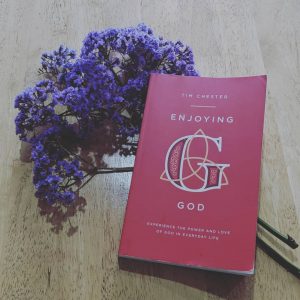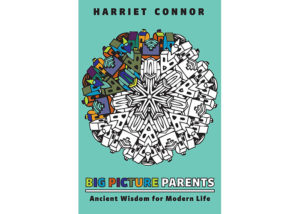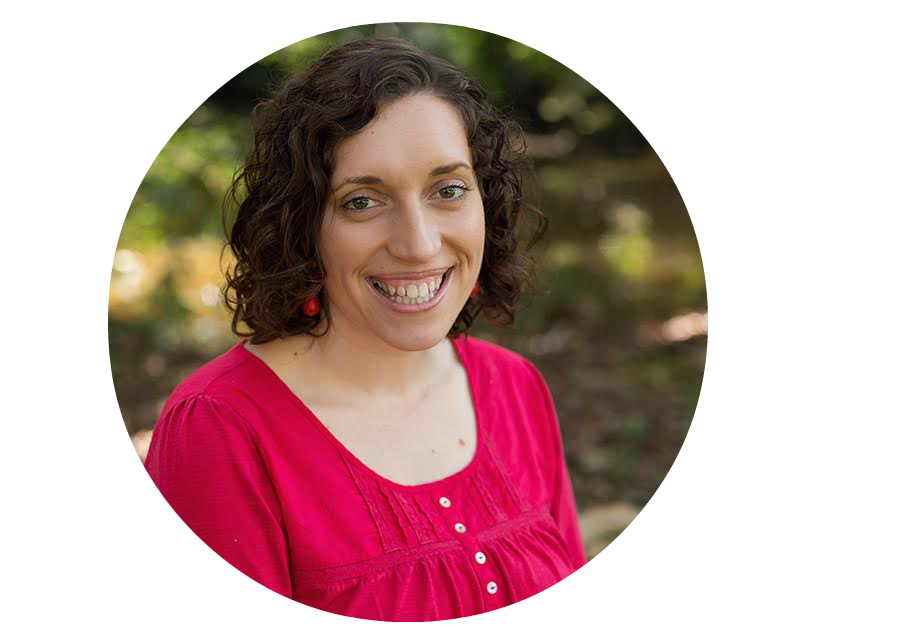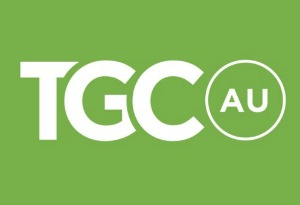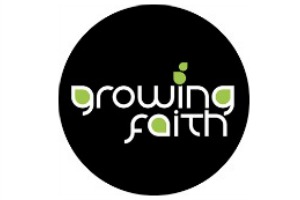I have always been a reader. I love to read and before children use to measure how ‘relaxed’ I was during a holiday break by how many books I had read. There is something quite satisfying about completing a book. Lately, I’ve found my reading practices a little more sporadic. I have books on tables all around the house that I’ve half read, depending on my mood and energy levels and have seen this also as a sign of a little bit of lack of discipline on my part.
A few months ago, I read this great article “How to Read a Christian Book“ by Jean Williams, that was published in The Briefing. I found it challenging to see that as Christians, reading should mean more than just relaxation. Reading can be a wonderful way to spur us on as we pursue God, furthering our spiritual growth. This doesn’t just happen randomly however, it is the result of intentionally selecting what books we read.
As an English teacher before my children came along, I remember lots of students complaining that they weren’t “readers.” If you are sitting there saying the same thing, let this be an encouragement:
Jean Williams’ writes, “When I had babies and thought I’d never get time to read again, John Piper taught me that if you read for just 15 minutes a day, even if you read slowly, you’ll get through 20 books a year. Tim Challies points out that, even if you only read in the bathroom, you can get through a book or two a year.” Quite a challenge, don’t you think?
In her article, Williams also details 11 ways to read a Christian book. It is more than just enjoying the plot line. As we read to further our relationship with God, it is helpful if we really absorb what we are reading, applying what is good and throwing out what is bad. How can we do this? Some people find it helpful to highlight or make notes in the book, others like reading slowly or re-reading books, still others benefit from reading overviews first.
Comprehension questions that are helpful when reading are:
1. Prior to reading, ask yourself- What do I think this book is about?
2. During reading, continue to ask yourself- “What is this author telling me? Do I agree or disagree with their point-of-view? Is this point-of-view supported by what I know of Scripture? Is there someone I can run this idea past if I am a bit unsure of it?”
3. Also during reading, make connections with other things- “What does this remind me of? Is there a Bible passage, sermon or other book that makes similar points?”
4. Make notes too- highlight important points, tag spots, journal…
5. Finally, once you have finished reading ask yourself- “Is this a book I would recommend to a friend? Why/Why Not?”
So how do we select helpful books? I think recommendations are a great starting point. The important thing though is to really look carefully at who or what is recommending the book to you. Just because a book is sold in a Christian Bookstore, does not automatically mean the book is theologically sound. It is important to pray for discernment as we choose books and as we read them. Reading Book Reviews is also a helpful practice.
Some great places to look for book recommendations or reviews are on websites such as Desiring God or the Gospel Coalition. I know Desiring God have a few posts of recommended reading lists- 14 Best Books of 2014, or What are Some Books That Desiring God recommends. So too, the Gospel Coalition review books and have their top 2014 picks here.
For more on this topic? Please have a read of Jean William’s article and if you’re super keen, Tony Reinke has written a book “Lit!”, which is reviewed here by Tim Challies.
Happy Reading!
photo credit: Reading via photopin (license)
